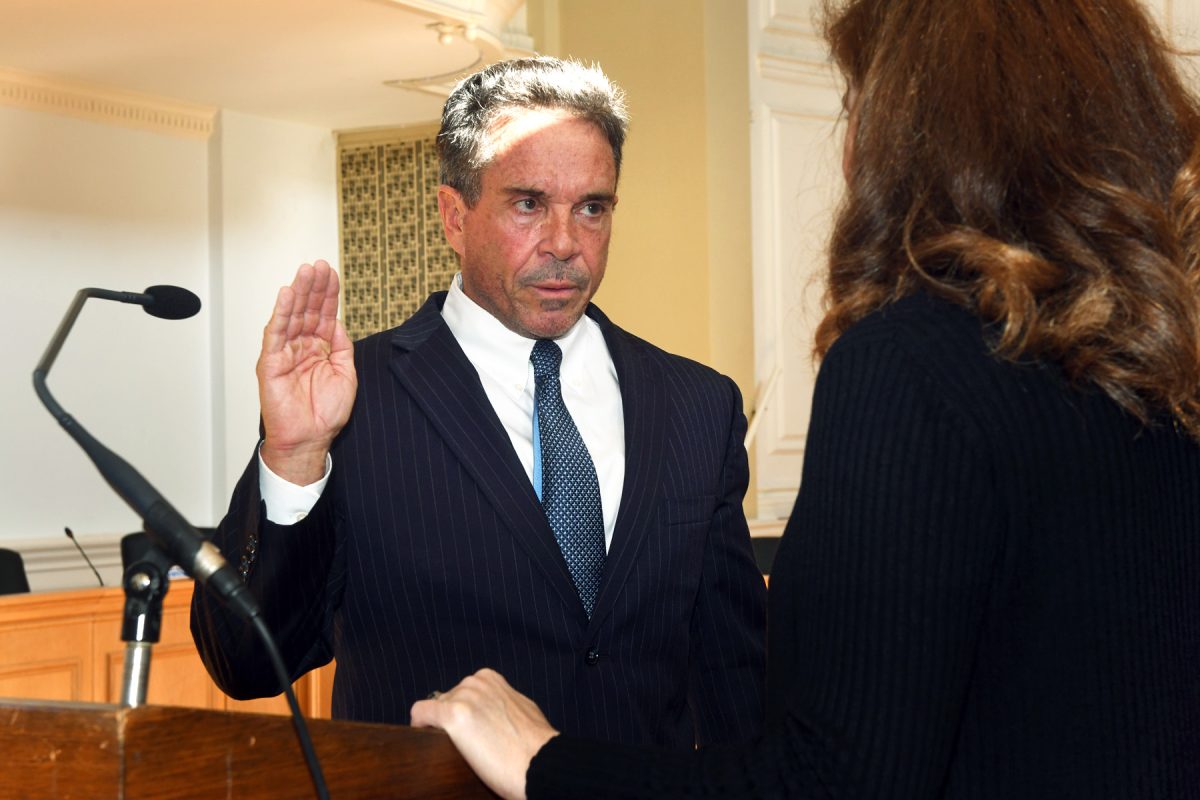Molly Flanagan
Guest Writer
For over a quarter of a century, abstinence-only education has been taught in schools and funded by the government. Abstinence-only education is not the right way to teach sex education to teenagers. A 2004 review by Advocates for Youth showed that abstinence-only education had negative effects on youth and showed they actually did have sex and they didn’t use forms of contraceptives. Sex education should be improved by informing teenagers that sex is not taboo.
In 2006, 87% of U.S. public and private high schools thought that teaching abstinence in required health education courses would be the most effective method to avoid pregnancy, HIV, and other STDs. This does not mean that these schools taught an abstinence-only curriculum.
Maddy Flader, a junior at Foran says, “Abstinence is the most effective way to prevent pregnancies. If you were to get pregnant, your social life would decline, people would see you in a bad light, and you wouldn’t be able to participate in activities that you previously were a part of.”
Though abstinence may seem the most logical and effective way to prevent disease, infection, and pregnancy among teenagers who are not ready for such responsibility, teenagers need to be taught the complete information surrounding reproduction and good decision making.
Sex education in middle and high school mostly teaches students about the medical aspect of sex, such as going over the reproductive system and teaching about STDs and STIs. Rarely does the curriculum go over sexual scenarios in order to educate teens so they don’t find themselves in undesirable situations.
Also, there is a lack of education about sexual orientation. The Real Education for Healthy Youth Act covers these ideas in more depth. The act, introduced in February 2013, would require inclusive education on gender, gender identity, sexual orientation, protection from domestic and sexual abuse, and how to create and maintain healthy relationships.
Teaching tolerance and decision making surrounding sexual education is among the most important aspects of the curriculum. Tolerance and moderation covers not only sexual interactions or romantic relationships, but has to do with adult life in general. Health is one of the most important classes that a teenager will take. Health is a requirement in Connecticut, though unspecified for how long or for which grades. Classes such as Home Economics and Personal Business are electives, but these three combined cover the most important topics for a teenager to know after graduating high school. Many teenagers get their information about adult life mostly through their peers and family members.
Websites that kids go to all the time – Twitter, Tumblr, etc. – give kids more information about sex and gender than actual sex ed. Sex education is more than just handing condoms out to kids and telling them not to have sex. Sex education should cover safer practices for same sex and opposite sex couples. Sex education should also teach tolerance for gender and sexual identity. It’s so much more than just STDs and STIs. A recent working paper from the Rand Corporation speculates that access to new media (digital videos, blogs, social networking sites, mobile phones and commercial websites) results in more exposure to sexual content and in more contexts than traditional media.
Furthermore, teenagers become confused about when to start having sex. “Deciding whether to have sex or not at a younger age is a really big and serious decision. It needs to be thought through completely. Usually kids that do have sex in high school have not thought it through completely and are not prepared, it just happens!” said Mrs. Hart, a health teacher at Foran High School. Even though abstinence-only education is taught and encouraged, it is harder to enforce than it is thought to be. Due to being exposed to so much sex in the media at such a young age, teenagers have become very nonchalant about the subject.
Sex education should not be taught by-the-book. Sex is such a broad topic in adult life and one of the most essential subjects taught in schools. Limiting sex education to just abstinence-only diminishes the importance that sex has in life. Despite the extreme amounts of sex that the media portrays, from sexy hamburger joint commercials to the large amounts of light shed on the importance of attractiveness in celebrities, teenagers handle sex more maturely than ever. We are at a time where openness in sexual orientation, gender identity, and sex in general is respected and prevalent, especially in teens. STDs and STIs are important for teenagers to learn about, but they should not be taught in a way that scares kids away from sex completely and gives them bad connotations toward the subject, but in a way to educate them on how to be safe if they are going to have sex. Sex should be a topic open for discussion.
Most important, sex education should not shy away from any idea that will help teenagers have safer sex – and it should emphasize that they are okay for not having sex.







